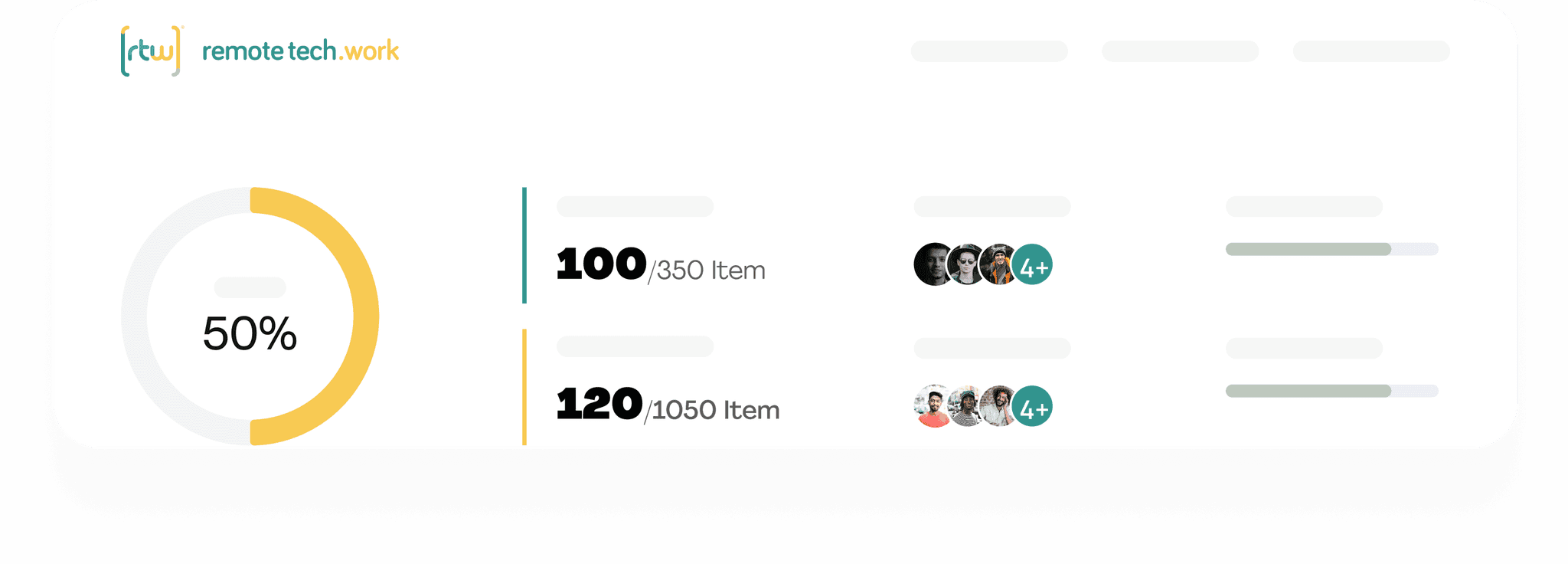DESCRIPTION
DESCRIPTION
DESCRIPTION
Node.js is an open-source, server-side JavaScript runtime environment that allows developers to run JavaScript code on the server. Unlike traditional web development where JavaScript is primarily used on the client-side, Node.js enables developers to use JavaScript for building server applications. This runtime is built on the V8 JavaScript engine from Google, which executes JavaScript code at impressive speeds. Node.js offers a non-blocking, event-driven architecture, making it particularly well-suited for building scalable and high-performance applications, including web servers, APIs, real-time applications, and more.
One of Node.js's standout features is its package manager, npm (Node Package Manager), which provides access to a vast ecosystem of open-source libraries and modules. This expansive ecosystem simplifies development by allowing developers to reuse existing code and modules to streamline the process. Node.js is especially popular for building web applications and services that require real-time features and high concurrency. It has gained widespread adoption in the web development community and continues to play a pivotal role in modern, server-side application development.
Node.js is an open-source, server-side JavaScript runtime environment that allows developers to run JavaScript code on the server. Unlike traditional web development where JavaScript is primarily used on the client-side, Node.js enables developers to use JavaScript for building server applications. This runtime is built on the V8 JavaScript engine from Google, which executes JavaScript code at impressive speeds. Node.js offers a non-blocking, event-driven architecture, making it particularly well-suited for building scalable and high-performance applications, including web servers, APIs, real-time applications, and more.
One of Node.js's standout features is its package manager, npm (Node Package Manager), which provides access to a vast ecosystem of open-source libraries and modules. This expansive ecosystem simplifies development by allowing developers to reuse existing code and modules to streamline the process. Node.js is especially popular for building web applications and services that require real-time features and high concurrency. It has gained widespread adoption in the web development community and continues to play a pivotal role in modern, server-side application development.
Recommended Skills
Recommended Skills
Recommended Skills
A Node.js developer should possess a combination of technical and soft skills to excel in building server-side applications using this runtime environment. Here's a list of key skills and knowledge areas for a Node.js developer:
Proficiency in JavaScript: A strong understanding of JavaScript is fundamental, as Node.js is built on JavaScript. Developers should be well-versed in ES6+ features and asynchronous programming, as callbacks, promises, and async/await are common in Node.js development.
Node.js fundamentals: A deep understanding of Node.js's core modules, event-driven architecture, and non-blocking I/O operations is essential for efficient server-side programming.
Web frameworks: Familiarity with popular Node.js web frameworks like Express.js, Nest.js, or Koa.js for building web applications and APIs.
Asynchronous programming: Mastery of asynchronous patterns and callback functions, which are prevalent in Node.js, to handle I/O operations effectively.
NPM (Node Package Manager): Knowledge of NPM for managing packages, libraries, and modules. Understanding how to create and publish packages is also valuable.
A Node.js developer should possess a combination of technical and soft skills to excel in building server-side applications using this runtime environment. Here's a list of key skills and knowledge areas for a Node.js developer:
Proficiency in JavaScript: A strong understanding of JavaScript is fundamental, as Node.js is built on JavaScript. Developers should be well-versed in ES6+ features and asynchronous programming, as callbacks, promises, and async/await are common in Node.js development.
Node.js fundamentals: A deep understanding of Node.js's core modules, event-driven architecture, and non-blocking I/O operations is essential for efficient server-side programming.
Web frameworks: Familiarity with popular Node.js web frameworks like Express.js, Nest.js, or Koa.js for building web applications and APIs.
Asynchronous programming: Mastery of asynchronous patterns and callback functions, which are prevalent in Node.js, to handle I/O operations effectively.
NPM (Node Package Manager): Knowledge of NPM for managing packages, libraries, and modules. Understanding how to create and publish packages is also valuable.
Our Talent Acquisition Process
Our Talent Acquisition Process
Our Talent Acquisition Process
We will walk you through our process during the days/weeks according to your agenda availability. Feedback will be present whether we move forward or not with your application. There are, in general, a challenge (60’ average each), two calls (45’ average each), and a Tech Interview for you to reach the final Offer Call.
We will walk you through our process during the days/weeks according to your agenda availability. Feedback will be present whether we move forward or not with your application. There are, in general, a challenge (60’ average each), two calls (45’ average each), and a Tech Interview for you to reach the final Offer Call.






HOW TO
GET STARTED
Sign up for our developer platform to begin working remotely
DEVELOPMENT
SOFTWARE
Remote Tech Work Ltd is a company registered in England and Wales (No.16127490).
Our address is Orion House Office 774, Bessemer Road, Welwyn Garden City, AL7 1HH. 2025
Remote Tech Work. All right reserved.
DEVELOPMENT
SOFTWARE
Remote Tech Work Ltd is a company registered in England and Wales (No.16127490).
Our address is Orion House Office 774, Bessemer Road, Welwyn Garden City, AL7 1HH. 2025
Remote Tech Work. All right reserved.
DEVELOPMENT
SOFTWARE
Remote Tech Work Ltd is a company registered in England and Wales (No.16127490).
Our address is Orion House Office 774, Bessemer Road, Welwyn Garden City, AL7 1HH. 2025
Remote Tech Work. All right reserved.
DEVELOPMENT
SOFTWARE
Remote Tech Work Ltd is a company registered in England and Wales (No.16127490).
Our address is Orion House Office 774, Bessemer Road, Welwyn Garden City, AL7 1HH. 2025
Remote Tech Work. All right reserved.
DEVELOPMENT
SOFTWARE
Remote Tech Work Ltd is a company registered in England and Wales (No.16127490).
Our address is Orion House Office 774, Bessemer Road, Welwyn Garden City, AL7 1HH. 2025
Remote Tech Work. All right reserved.

